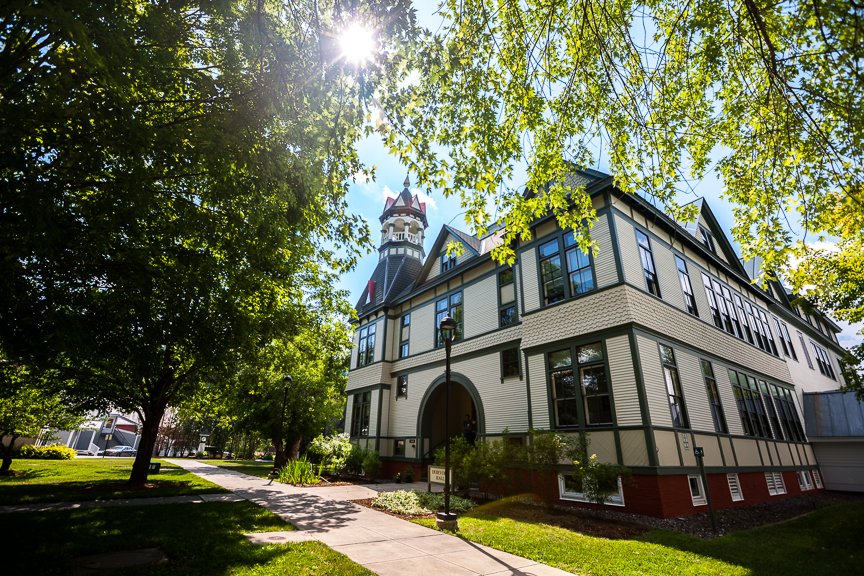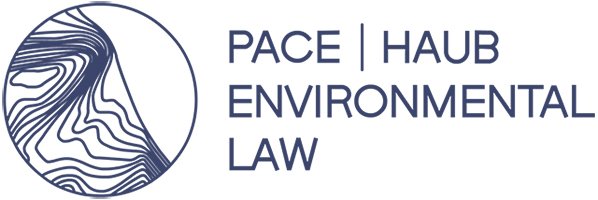Improving Environmental Justice in Our Communities
Online Focus Group - Improving Environmental Justice in Our Communities
Prepare to discuss climate, environmental, and sustainability issues and solutions. First Thurs. monthly focus groups on list of topics
Focus Groups to Address Climate, Environment, and Sustainability Issues & Grassroot Solutions:
Join us for an engaging and solution-focused virtual event hosted on our Local Eco-Action Collective & Peer Support Discord server. These interactive sessions are designed to bring together diverse perspectives, build a collective statement representing everyone's perspectives, and seek to tackle pressing climate, environmental, and sustainability challenges while identifying actionable solutions to drive local grassroots movements forward.
Event Overview:
Everyone's perspectives will be collected in a document to bring inputs together to create a collective statement that includes all perspectives. The collective statements that are crafted will be available to use in your local community to bring about change as needed. The process of building consensus can be the start of bringing stakeholders together to help facilitate actionable solutions.
Why Attend?
This is more than just a discussion—it's an opportunity to build a collective statement with equally concerned individuals, to gather multiple perspectives on the issues, and to generate actionable ideas. This collective statement can be used in our local communities as a starting point to turn impossibilities into possibilities!
Reserve your spot today and be part of sparking change by CLICKING HERE
Schedule of topics throughout the year:
MARCH: Environmental Justice: Building Resources for Resilient Communities
Environmental justice addresses the unequal burden of environmental harm faced by marginalized communities, where factors like pollution, lack of resources, and climate impacts disproportionately affect community health and well-being.
We'll discuss advocating for fair access to clean air, water, green spaces, and the resources communities need to thrive. We'll brainstorm ideas on how to address environmental injustice challenges some of which might include sharing networks, tool libraries, and community-led initiatives.
APRIL: Plastic pollution
Plastic pollution affects ecosystems, wildlife, and human health, with microplastics infiltrating air, water, and food systems.
Address the crisis by reducing single-use plastics, supporting refill and reuse programs, and advocating for extended producer responsibility (EPR) to hold manufacturers accountable for plastic waste.
MAY: Biodiversity and Species Protection: Restoring Balance and Strengthening Connections
Habitat destruction, pollution, and climate change are driving species to extinction at an alarming rate, threatening the balance of nature and our future.
Protecting biodiversity by restoring habitats, planting native species, and supporting pollinators. Native plants and pollinators sustain ecosystems, while habitat restoration rebuilds the balance of nature for a sustainable future.
JUNE: Climate change and global warming
Rising temperatures, extreme weather events, and rising sea levels threaten ecosystems and human communities worldwide.
Explore local solutions like renewable energy adoption, carbon reduction strategies, and community-led climate resilience efforts (e.g., local clean energy co-ops, reforestation projects).
JULY: Ocean conservation
Protecting oceans and coastal ecosystems is vital for global biodiversity and climate stability.
Let's explore how local communities, even inland, can support ocean health through sustainable practices, coral reef protection, and promoting sustainable seafood.
AUGUST: Air and water pollution
Pollution is linked to public health issues and environmental justice, with emerging threats like PFAS or "forever chemicals."
We’ll examine local and global actions to reduce pollution and safeguard air and water quality, especially in our vulnerable communities. We'll also discuss emerging pollutants like PFAS
SEPTEMBER: Food quality - GMOs, pesticides, and additives
The health of our food systems impacts soil, pollinators, and human well-being.
We’ll discuss healthier choices by reading labels, supporting local farms, and taking action through gardening and sustainable food practices.
OCTOBER: Local and sustainable food systems
Regenerative agriculture and food sovereignty are key to building sustainable food systems.
We’ll explore how connecting with local farmers, co-ops, and urban agriculture projects can create a resilient food future for communities.
NOVEMBER: Land and water management
Desertification, wetland conservation, and rewilding are critical for ecosystem restoration.
We’ll discuss success stories and how land and water management practices can protect and restore vital natural resources.
DECEMBER: Sustainable fashion industry
The fashion industry’s has large environmental impact and calls for conscious consumer choices.
We’ll explore local sustainable solutions and advocacy (supporting brands with eco-certifications) with actionable habits like thrift shopping, repair, and clothing swaps.
FUTURE IDEAS: Waste management and reuse
Waste is a growing global crisis, with millions of tons of material ending up in landfills and oceans each year.
We'll discuss moving toward a circular economy involves designing systems for reuse, repair, and recycling. We’ll also discuss some local action initiatives like zero-waste stores, repair cafes, and tool libraries.
For more information on this series, and to register for this virtual event, CLICK HERE
























